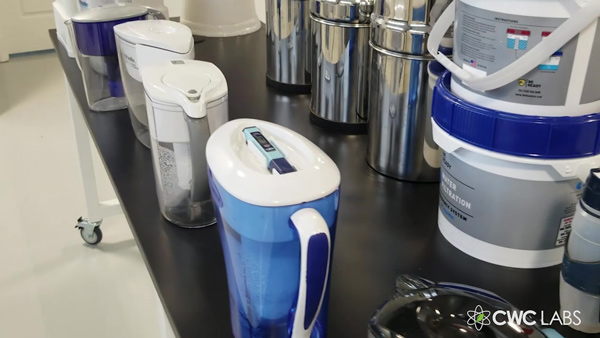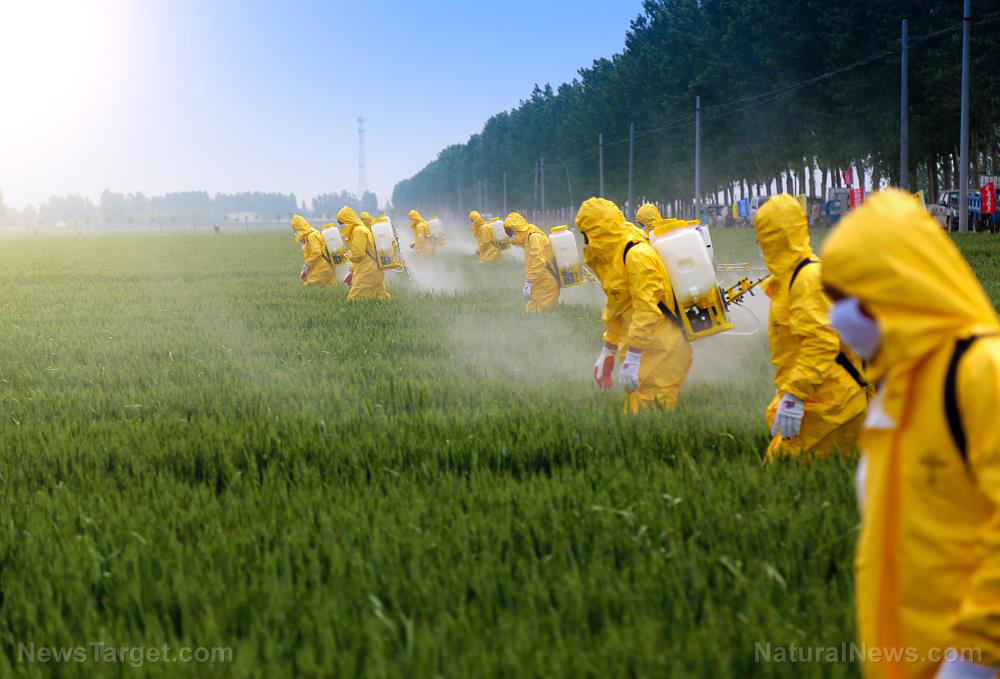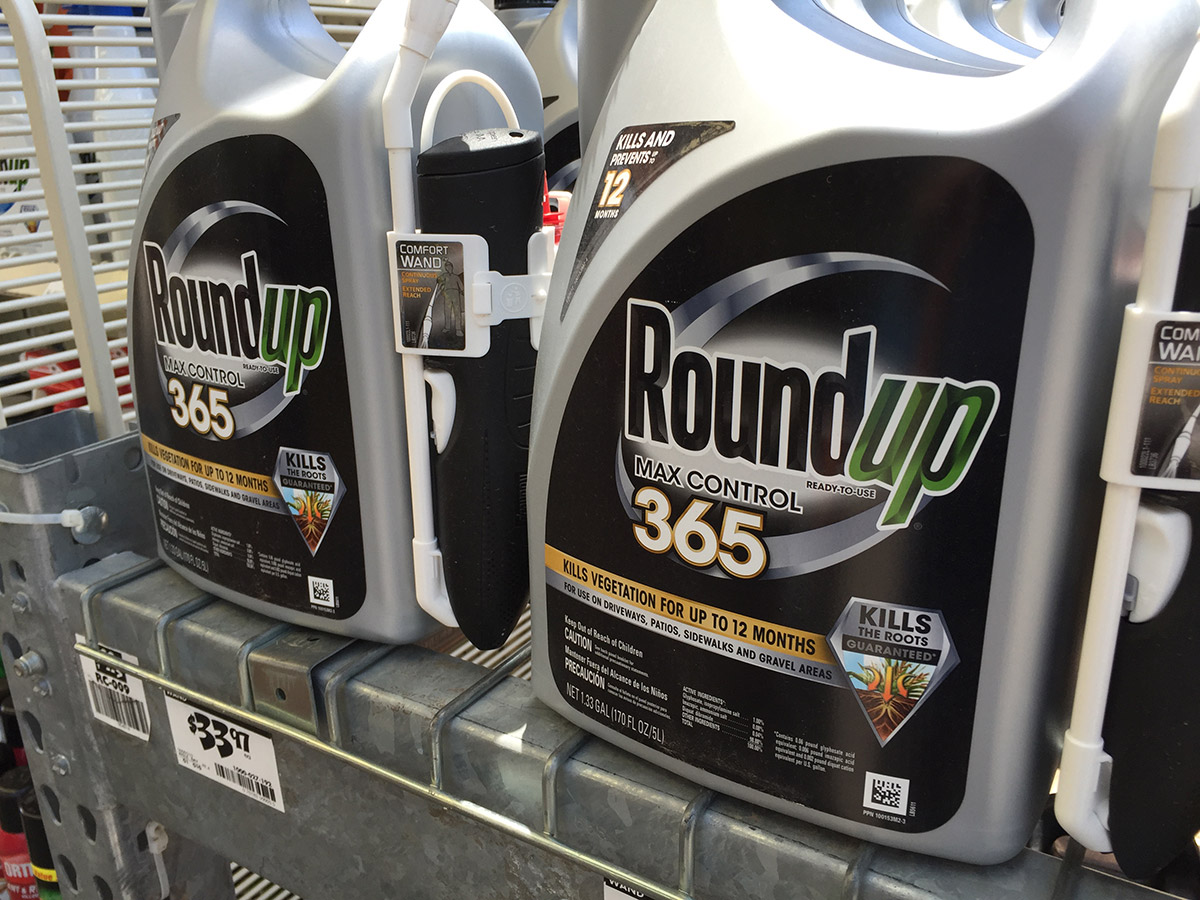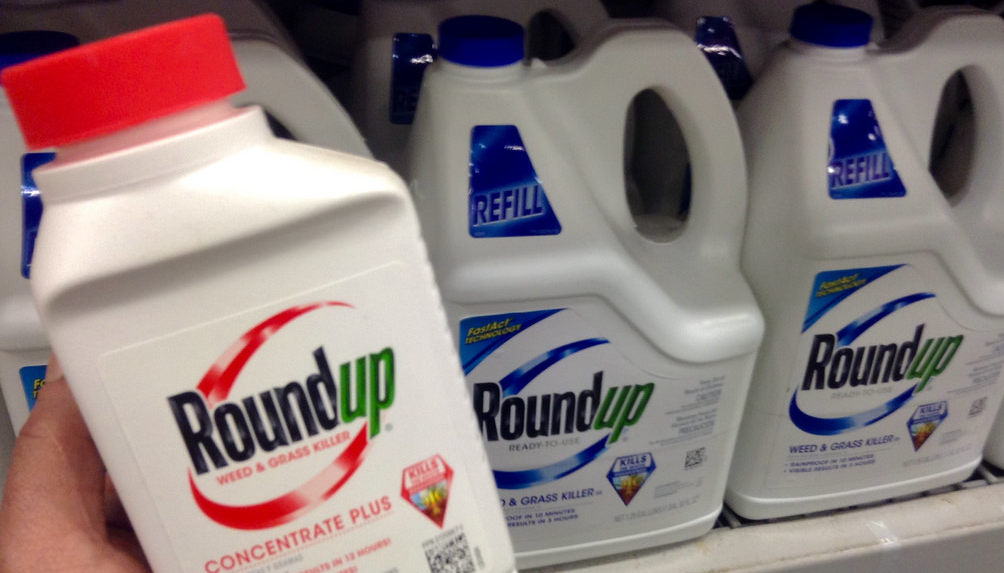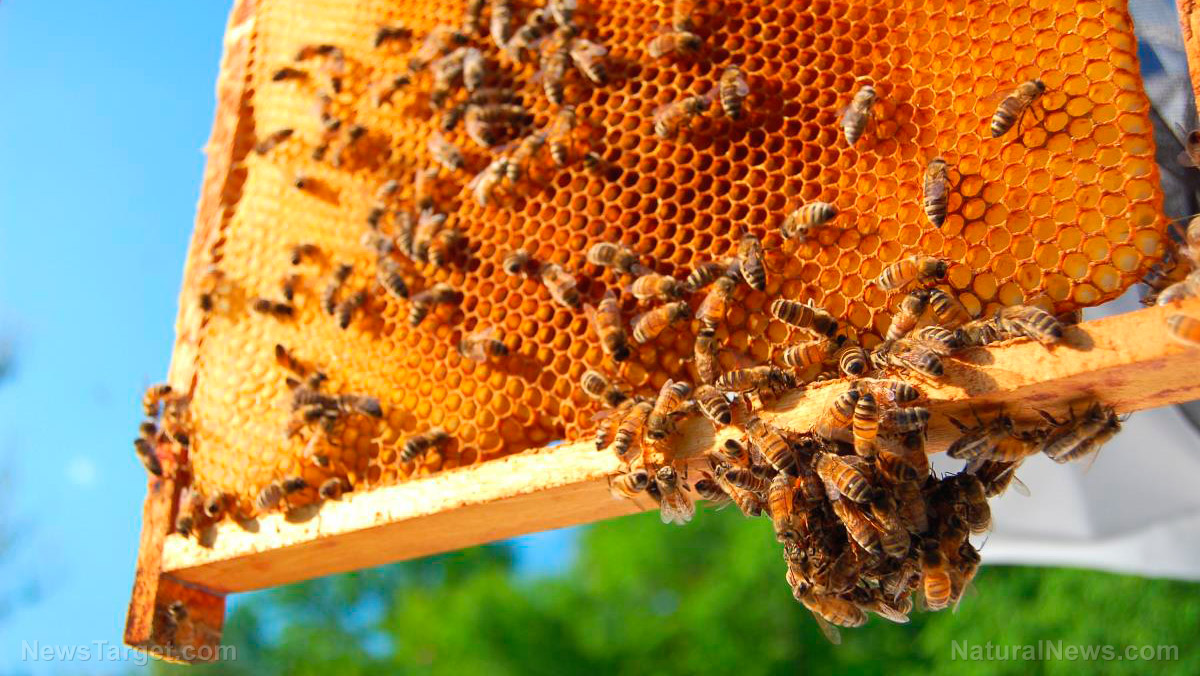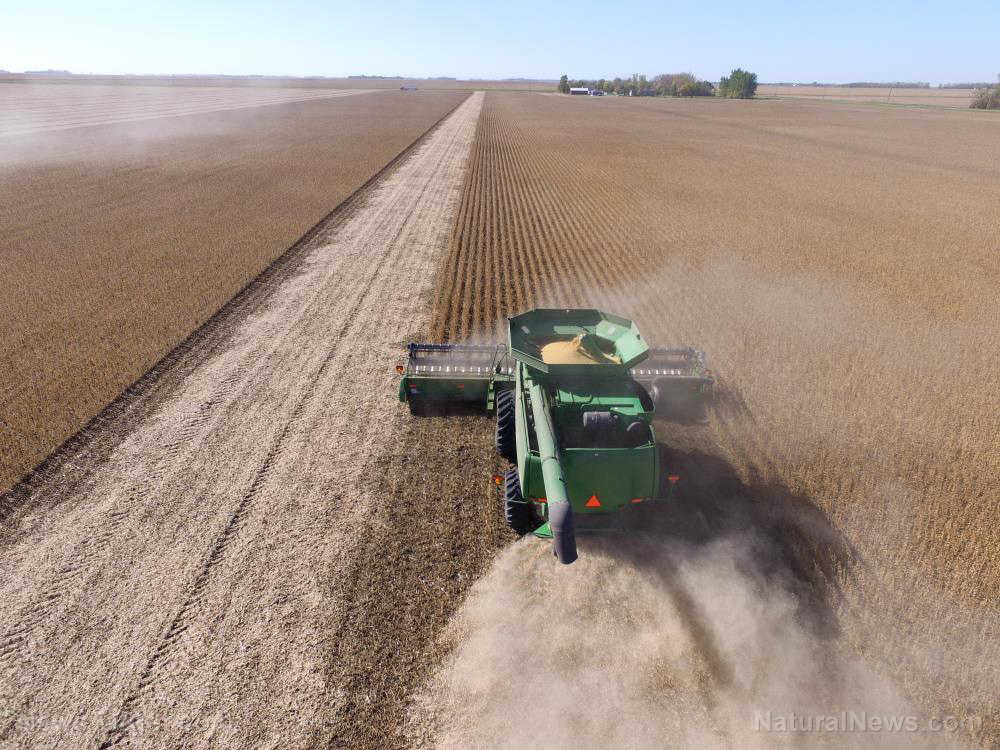US Court of Appeals: States and counties can ban GMO crops despite federal laws
12/12/2016 / By S.D. Wells
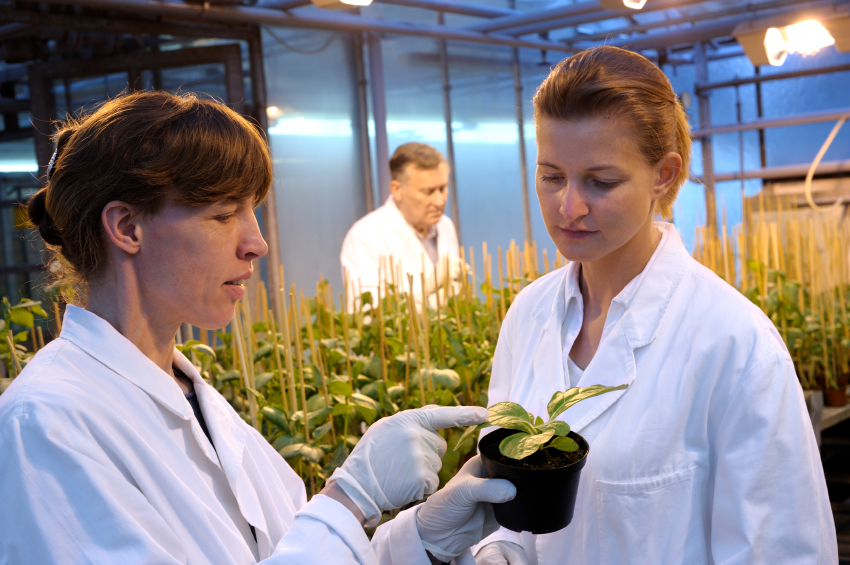
The entire organic community of the United States just won a massive victory that many may not yet even realize. Even though the DARK Act was passed by Obama and some Senate goons to prohibit labeling of GMOs nationwide, the US Court of Appeals just passed a law that enables states and counties to completely ban genetically engineered crops from ever being planted in the first place. Think about that for a minute. You see, back in the year 2000, Monsanto undermined all US organic and conventional farming by claiming that manipulating genomic material of plants did not introduce dangerous bacteria or even plant “pests” into the equation, but their noxious “Frankenfoods” prove otherwise. So biotechnology giants figured a way to not have their cancer-causing, Alzheimer’s-causing, pesticide-laden plants classified as a risk to the environment or humans. But now, none of that really matters anymore.
Thanks to the Ninth Circuit US Court of Appeals and their recent interpretation of the Plant Protection Act, all U.S. states, counties, and local communities can actually ban (or regulate) the planting of any and all commercially-grown genetically engineered crops, no matter what the feds or Monsanto claims about GMO.
Neither the Plant Protection Act nor the DARK Act can stop states and counties from banning the planting of GMO crops
Farmers with seed sanctuaries around the country are celebrating this huge victory because they know exactly what it means. No farmer in America who has any lick of common sense wants genetically engineered seeds that contain pesticides in their genetic makeup. It’s bad enough that 90% of US corn, soy, sugar beets, alfalfa, and canola are GMO, we don’t need biotech corporations controlling all seeds and crops. This new court decision sets a precedent and puts in place a powerful fulcrum for stopping Monsanto and Bayer in their tracks, literally. If they can’t plant and grow their Frankenfoods on our soil, they can’t ruin the surrounding environment that’s full of natural, healthy life either.
The court recognized the potential destruction to the environment and farmers from the widespread planting of Franken-crops citing well-documented concerns, including adverse economic impacts caused by transgenic farming on non-GE crops.
The reduction of biodiversity cited by the US courts as reason to limit GE crop planting
The Ninth Circuit US Court of Appeals also recognized that “the cultivation of GE crops also may raise environmental concerns, such as harm to beneficial plants and animals caused by the increased use of pesticides sometimes associated with testing and growing GE crops, the proliferation of ‘superweeds’ and other pests resistant to pesticides, and the reduction of biodiversity.”
The court continued to protect organic farming rights for states and local communities throughout the United States, saying: “The regulation of commercialized crops, both of GE and traditional varieties, remains within the authority of state and local governments.”
Though the legislature left “field trials” of GE crops up to the nefarious USDA, as long as local and state authorities stand up for their newly declared rights to ban the planting of GM crops on their land, the organic world and conservation groups in general have won the “war” for clean food. Much like the victory celebrated recently by Sonoma County, California, when voters approved a measure to prohibit GE crops from being planted in their county (The Sonoma County Transgenic Contamination Ordinance), local and organic growers and producers nationwide have reason now to celebrate having power and control to protect Mother Nature and human health in general.
Organic farmers and consumers nationwide may have lost the GMO-labeling battle, but we just won the war – the one that bans the planting of Franken-crops! Now, at the local, county and state level, farmers and consumers can support organic crops right down to the roots, and that’s even more important than labels. It’s time to make sure everything you buy is local or labeled “certified organic.” Let’s all work together to put the finishing touches on this clean food movement.
Sources:
Tagged Under: ban gmo, court decision, farming, GMO, local rights, Organic, state rights




